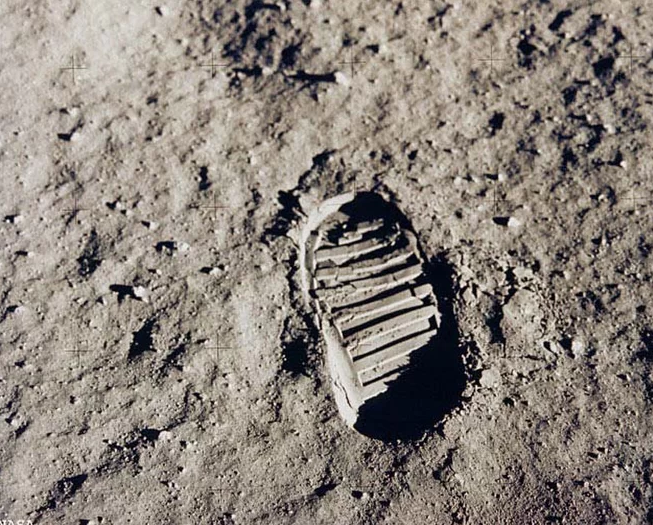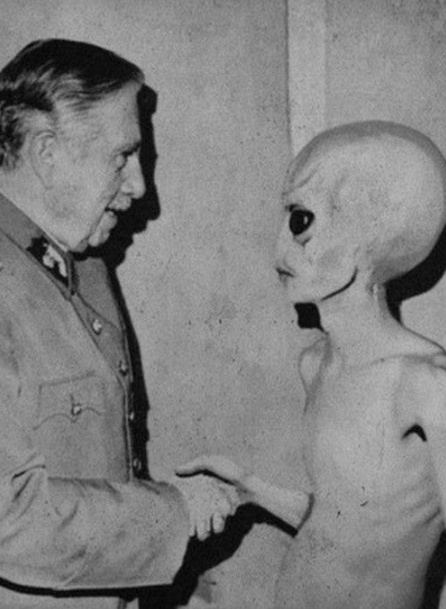A new study carried out suggests that the distance in which a supernova explosion needs to be before it becomes catastrophic to us humans here on Earth is much less than we originally thought. Previously the distance quoted for a supernova to be before it proves deadly to the Earth was 25 light years away. However, now, scientists figure it to be around 50 light years away instead meaning these phenomena are much more powerful than we ever imagined.
Last year scientists announced their discovery of the iron-60 isotope in ancient ocean sediments and lunar soil proving that a number of supernovae were in existence and lit up between 3.2 and 1.7 million years ago. Estimates are that the supernovae are now roughly 330 light years away which suggests they were quite visible in the day. Later studies confirmed the dying stars to be around 195 light years away, pretty much cutting that distance in half.
University of Kansas researcher Adrian Melott said, “The timing estimates are still not exact, but the thing that changes to cause us to write this paper is the distance. We did this computation because other people did work that made a revised distance estimate, which cut the distance in half.” Supernovae are a result of stars running out of fuel and collapse. This then creates a surge of energy that sends shockwaves of radiation particles flying across space.
During their studies, Melott and a team of researchers predicted how close supernova would need to be before we would be in any serious trouble. “People estimated the ‘kill zone’ for a supernova in a paper in 2003, and they came up with about 25 light years from Earth,” said Melott. “Now we think maybe it’s a bit greater than that. They left some effects out or didn’t have good numbers, so now we think it may be a bit larger distance.” The team even suggest that at 40 or 50 light years away would cause significant damage.
Fossils are core evidence that backs up the suggestion that the supernovae that took place about 2.6 million years ago still wouldn’t have been close enough to cause any mass extinctions. Even so, there was a large amount of extinction going on during that period, but how much was attributed to climate change and how much was because of an increase in cosmic rays is hard to tell. Researchers estimate the closest star that could turn supernova is Betelgeuse which is located around 650 light years away, so should we all start packing now….?
More News to Read











